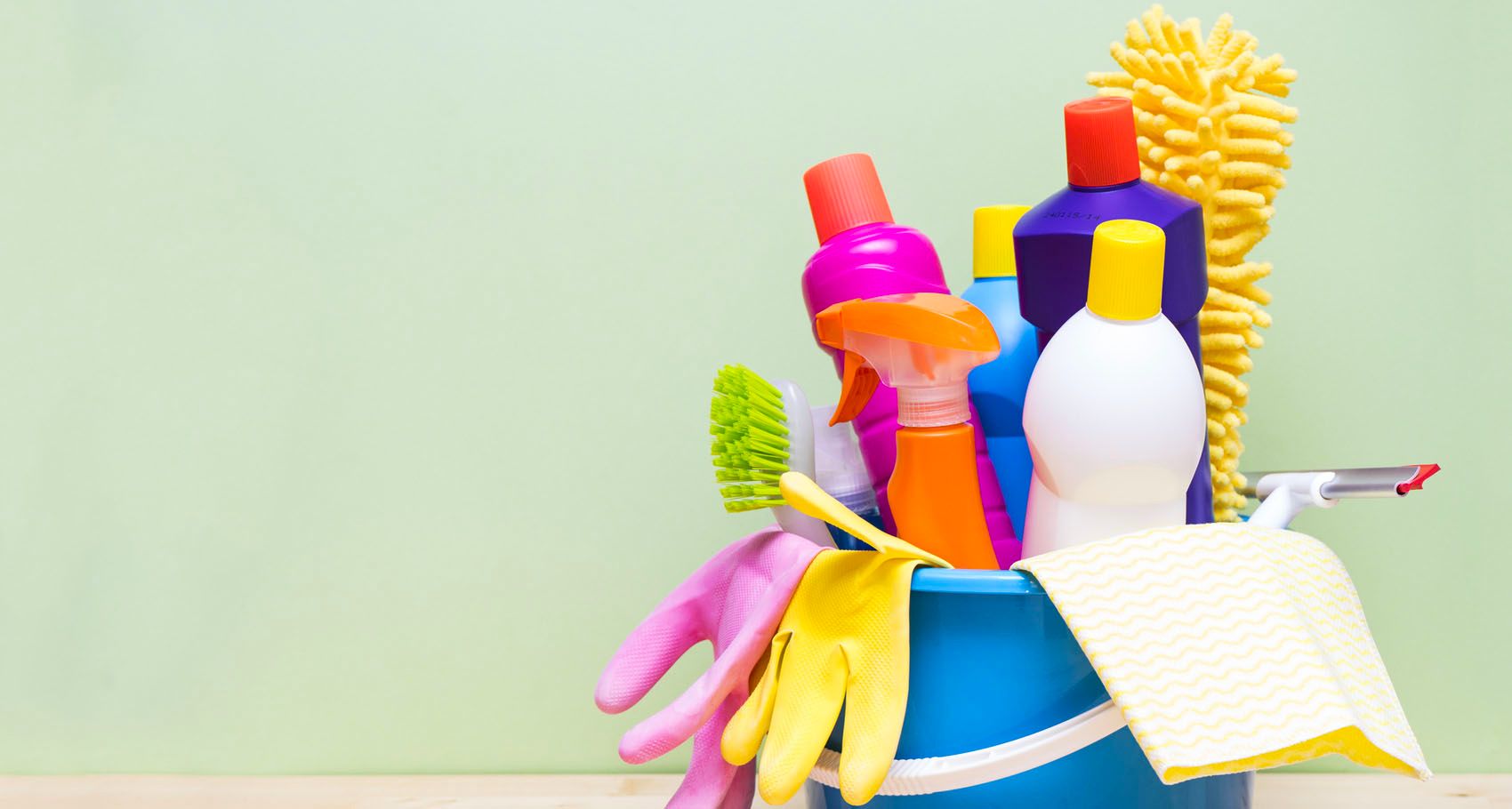The pile of clutter, toys, and mess seems to be a staple in most houses with toddlers. The days of keeping baby's room perfectly straight end when they are able to get their tiny hands on anything and everything around.
This is also the time to start teaching your toddler how to help clean the toy room and bedrooms. Normally around one and a half or two, they will start copying what they see their parents do. If you buy them a play cleaning set, you may see them pushing a little broom around while you're sweeping or pushing a toy Swiffer along with you. Here are some tips to get past this stage and raise children who will willingly clean up after playtime.
Good Starter Chores for a One-Year-Old
At a year, they are learning how to walk. They are not old enough to do much, but you can give them a toy vacuum to play with while you're vacuuming the living room or for children who are walking, a toy Swiffer or broom. They sell them in a lot of toy stores, normally with whole kits.
You can also start teaching them to put their toys away. Start early and teach them that you're expecting them to put all toys they get out back before they get new toys out. Turning these into cleaning games and making up silly songs helps to turn chores into fun and enjoyable activities.
NEXT: HOW TO AVOID WEIGHT GAIN AFTER DELIVERY
Hand them a towel or washcloth and they can "help" you dust.
At this age, you're wanting to get them started learning the motions, it shouldn't matter if they are actually making progress. As they get close to two, they want to mimic parents, so stand them in front of you while you make your bed and talk them through what you're doing. Remember to use positive reinforcements but don't punish, they are just starting to get interested in doing what you're doing at one and they won't always have the attention span nor the control to complete the full task.
Chores Appropriate for Two to Three-Year-Olds
Once your child is past their second birthday, chores will get easier. They may not have as much of an interest, but they can do more.
Some that can work are helping you dust, putting their toys and even clothing away, putting up shoes, starting to help with dishes or folding washcloths.
The famous "chore chart" is one of the best ways. Write down a couple chores they are able to learn and easily complete then explain. Come up with a prize and get them their favorite stickers to put on their chart every time they complete a task.
A small toy as a gift for giving up toys (one small, inexpensive toy) can go a long way. It has also been found that young children respond better to positive reinforcement than punishment, they aren't teens or adults.
All kids develop differently and some may not be ready to take on helping around the house at a year, but by the time they're two or three, they will be developed enough to start with simple tasks.

